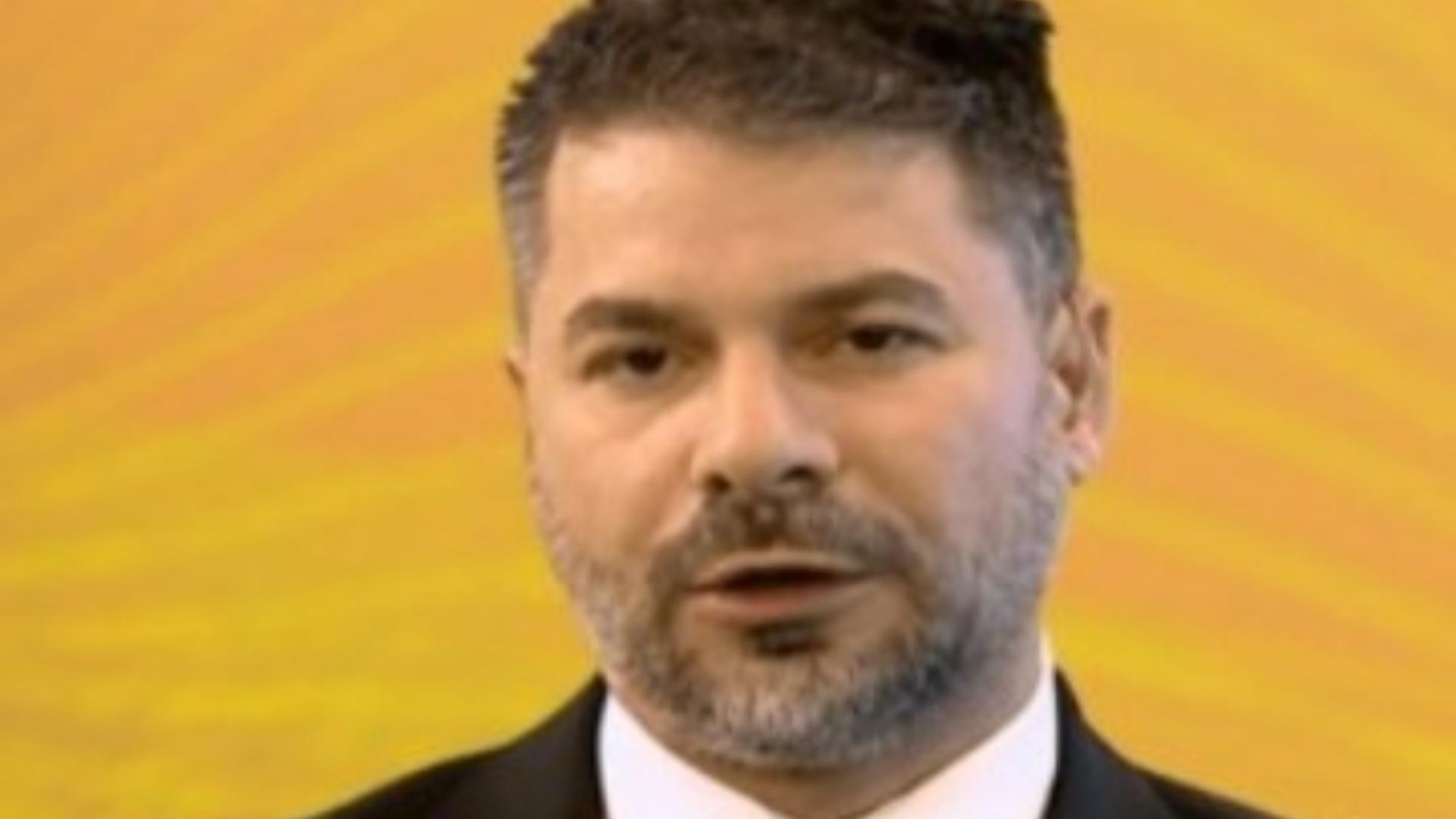A two-year bipartisan effort by California lawmakers to make big internet search and social media companies — Meta and Google — pay publishers of newspapers struggling in the digital age for using their reports ended Wednesday in a negotiated deal in which Google will contribute toward $250 million over five years to support newsrooms and an artificial intelligence incubator.
The deal scuttles two proposed bills, AB 886, the Journalism Preservation Act, modeled on laws in Australia and Canada that aimed to require payments to news organizations by the technology giants, and SB 1327, that would support them through a tax on gathering user data.
The Chamber of Progress, a lobbying group representing Google, Meta and other technology companies, called the deal a “win for Californians who care about local news,” and said it would provide “real financial support for California news gathering.”
But a journalist union leader and the author of one of the bills blasted the agreement as inadequate.
“This was a total rout,” said Matt Pearce, president of the Media Guild of the West which represents journalists, who argued the agreement leaves the state paying more to support news organizations than Google. “Taxpayers are staking their own money to pay into a journalism fund. The State is now on the hook more than Google.”
State Sen. Steve Glazer, D-Orinda, the author of SB 1327, said in a video call Wednesday the deal “does not provide sufficient resources to bring independent news gathering in California out of its death spiral.” The payments from Google are “completely inadequate,” and “massively short” of the $74 million a year the company agreed to pay in a similar settlement in Canada, Glazer said.
Assemblywoman Buffy Wicks, D-Oakland, who authored AB 886, described the deal in a news release as “a first-in-the-nation partnership with the state, news publishers, major tech companies and philanthropy,” that would also pay for a new “National AI Innovation Accelerator.”
The announcement from Wicks’ office said funding would “include contributions from technology platforms and the State of California.” A majority of the funding would go to newsrooms, the announcement said.
“The goal is to front-load $100 million in the first year to kick-start the efforts,” the announcement said.
The agreement comes amid a crisis in the news industry in California and much of the world. Wicks noted in a June legislative hearing that news outlets have “downsized and closed at alarming rates.”
Wicks’ office said the agreement replaces her bill and Glazer’s.
Under the deal, California is to pay $30 million the first year and $10 million in each of the next four years into a journalism fund to be established at UC Berkeley School for Journalism, Wicks’ office said. Google, in the first year, would pay $15 million into the fund and $5 million to the AI accelerator and add $10 million to “existing journalism programs.” In each of the next four years, the digital-advertising giant would pay $10 million into the fund and $10 million into the existing programs.
The amounts provided by Wicks’ office as terms of the settlement fell short of the $250 million total and $100 million for the first year touted in the announcement. Her office did not immediately explain the discrepancy.
The agreement will not stop the layoffs afflicting the news industry, Glazer said.
“The hollowing-out of independent news gathering and the monopoly power of these digital platforms is an existential threat to our democratic republic,” Glazer said. “We’ve lost 65% of journalists in California in the last 20 years.”
Related Articles
‘A game changer’: How giant batteries are making California’s power grid stronger
Weapons startup Anduril in Costa Mesa bets big on mega-facility
Journalism Preservation Act to make Big Tech pay for news survives key hearing
Older Americans prepare themselves for a world altered by artificial intelligence
‘Counterfeit’ printer cartridges should be banned, says LA councilman
State funding for the deal would have to go through the budget process unless it taps a fund that the legislature has already approved, Glazer said. He added that the deal failed to involve Facebook parent Meta or Amazon, which “capture the intimate data of Californians without paying.”
Google’s president of global affairs, Kent Walker, said in a statement that the deal “builds on our long history of working with journalism and the local news ecosystem in our home state, while developing a national center of excellence on AI policy.”
Gov. Gavin Newsom, who had not commented publicly on the proposed legislation, was quoted in the announcement promising the deal would provide funding “to support hundreds of new journalists” and help “rebuild a robust and dynamic California press corps for years to come.”
The News/Media Alliance, which represents nearly 2,000 U.S. news publishers, including this news organization, pointed out that a federal court just found Google has an illegal monopoly in internet search.
“Google is a dominant monopoly that reaps significant revenue off scraping and repackaging quality news content, depriving publishers of the opportunity to monetize their content and reinvest in journalists,” said the alliance’s president Danielle Coffey. “Today’s announcement reinforces the need for federal legislation and potential court remedies to address this broken marketplace.”
The alliance said it would work to get the federal Journalism Competition & Preservation Act passed, to “provide fair compensation to news publishers.” That federal bill, like AB 886, would force big technology companies to pay news publishers for content.
The artificial intelligence accelerator, to be administered “in collaboration with a private non-profit,” would appear to serve a purpose beyond supporting the news media. It would give money and other support to “industries and communities” in areas including journalism, the environment, racial equity, “and beyond,” for experiments with AI to “assist them in their work,” the announcement said.
Pearce described AI technology — such as the chatbots and search functions offered by Google and ChatGPT maker OpenAI that have spawned lawsuits over content they scrape from the internet — as “plagiarism technology that eats our work for free.”



























